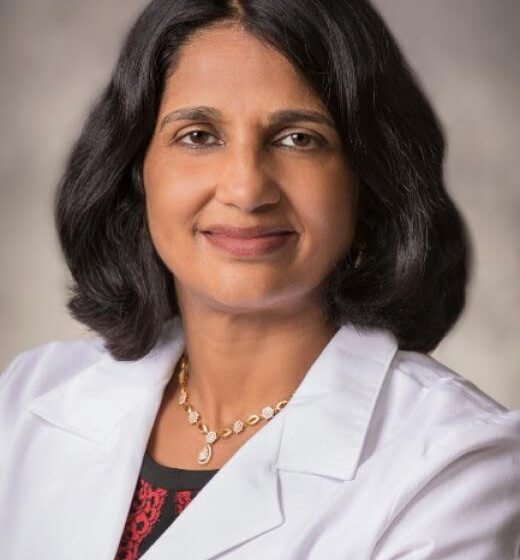Five Indian American researchers elected to National Academy of Medicine

Five Indian American researchers are among 90 regular members and 10 international members elected by the National Academy of Medicine (NAM) during its annual meeting on Oct 21.
Election to the Academy is considered one of the highest honors in the fields of health and medicine and recognizes individuals who have demonstrated outstanding professional achievement and commitment to service, according to an NAM release.
“This class of new members represents the most exceptional researchers and leaders in health and medicine, who have made significant breakthroughs, led the response to major public health challenges, and advanced health equity,” said NAM President Victor J. Dzau.
“Their expertise will be necessary to supporting NAM’s work to address the pressing health and scientific challenges we face today. It is my privilege to welcome these esteemed individuals to the National Academy of Medicine.”
New members are elected by current members through a process that recognizes individuals who have made major contributions to the advancement of the medical sciences, health care, and public health. The newly elected members bring NAM’s total membership to more than 2,400, which includes nearly 200 international members.
Established originally as the Institute of Medicine in 1970 by the National Academy of Sciences, the National Academy of Medicine addresses critical issues in health, science, medicine, and related policy and inspires positive actions across sectors.
The newly-elected Indian American members are:
Nina Bhardwaj, MD, PhD, Waldman Chair in Cancer Research; professor of medicine (Division of Hematology and Medical Oncology) and urology; director of immunotherapy and medical director, Vaccine and Cell Therapy Laboratory, Icahn School of Medicine at Mount Sinai, New York City.
For pioneering the discovery and function of human dendritic cell subsets, identifying cross-presenting pathways of antigen presentation impacting cancer and viral immunity, and establishing their potent adjuvant activity in humans, pivotal discoveries which underlie the first approval of a cell-based vaccine in cancer.
Monika Kumari Goyal, MD, MSCE, professor of pediatrics and emergency medicine, George Washington University; and endowed chair for Women in Science and Health and co-director, Center for Translational Research, Children’s National Hospital, Washington, DC.
For being a national leader in research in pediatric firearm injury prevention. Her research has shed a spotlight on the burden of firearm violence on child health. She is also a leading pediatric equity scientist, developing interventions that have led to mitigation of health care disparities.
Reshma Jagsi, MD, DPhil, Lawrence W. Davis Professor and chair, department of radiation oncology, Emory University School of Medicine, Atlanta.
For pioneering empirical research that has identified targetable drivers of disparities in cancer outcomes and within the medical profession, particularly for women. Her work to develop and evaluate innovative interventions to promote equity has established new areas of investigation in oncology and prompted policy changes by institutions, funders, and professional societies.
Avindra Nath, MD, chief, Section of Infections of the Nervous System, and clinical director, National Institute of Neurological Disorders and Stroke, National Institutes of Health, Bethesda, Maryland.
For pioneering research and strong leadership in emerging and persistent infections of the nervous system by studying pathophysiology, developing treatments, and conducting clinical studies. This includes retroviruses, Ebola, Zika, nodding syndrome, and Covid-19 as well as Long Covid, ME/CFS, and Gulf War syndrome.
Uma M. Reddy, MD, MPH, professor and vice chair of research, department of obstetrics and gynecology, Vagelos College of Physicians and Surgeons, and professor of population and family health, Mailman School of Public Health, Columbia University Irving Medical Center, New York City.
For leadership of paradigm-shifting research that has fundamentally advanced the understanding of stillbirth, neonatal morbidity and mortality, and labor management and their impact on maternal morbidity through large multicenter cohorts and trials, driving new standards in national obstetric practice and improved outcomes for pregnant people and their children.
